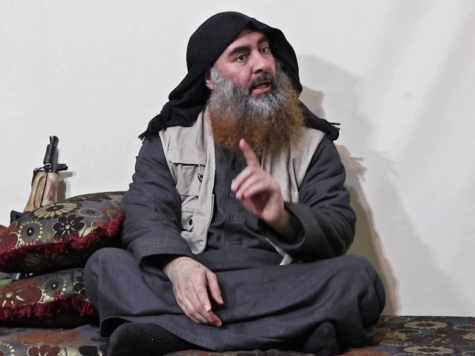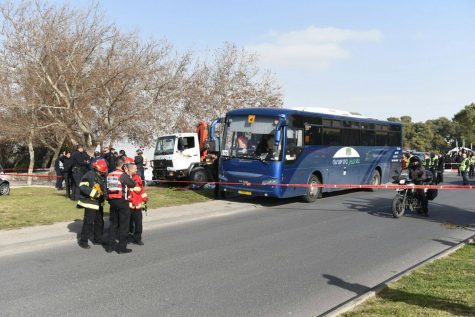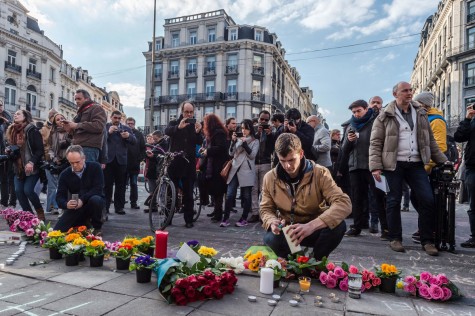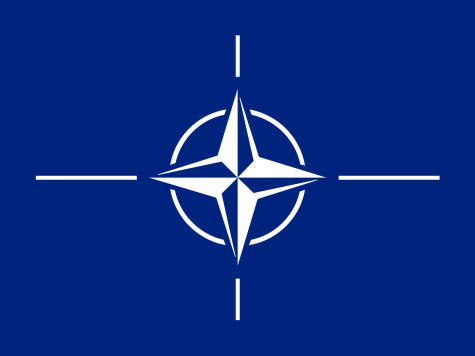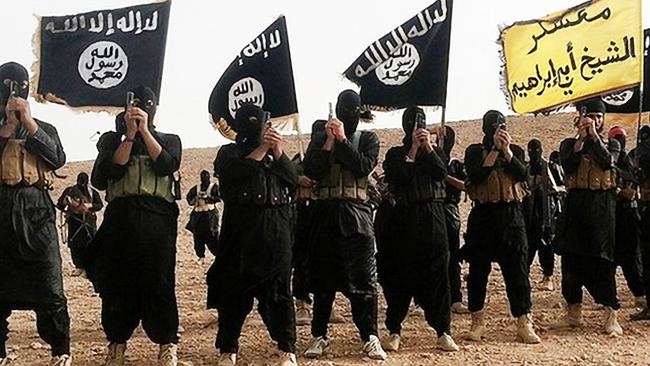How Should We Handle ISIS?
After the bombings in France on Friday, November 13, United States governors, political scientists, and even the president took a minute to voice their theoretical solutions to the problem that is ISIS.
Ben Carson, who is running for the 2016 presidential election, suggested working with allies to push ISIS out of the picture, claiming that we need more troops on the ground. Also, he also wants to stop Middle Eastern refugees from coming into the states.
Presidential Candidate Jeb Bush hypothesized filtering immigrants arriving to Europe from Syria, since we need to be cautious to prevent the entering of people who can potentially harm national and international security. He said in a CNN interview, “We should focus our efforts to Christians who are being slaughtered.”
Three days of national mourning was declared by French President Hollande. He said ISIS was “a jihadist army, against France, against the values that we defend everywhere in the world, against what we are: A free country that means something to the whole planet.” So far, Hollande declared a nationwide emergency, imposed checks at all borders, and called in the army to protect French citizens.
Texas Governor Greg Abbott in stated response to a question on immigration that Texas would not be participating “in any program that will result in Syrian refugees – any one of whom could be connected to terrorism – being settled in Texas.”
President Barack Obama pledged U.S. assistance in France. He thinks sustainable opposition forces on the ground in Syria and a partnership with Iraq are a better answers to the problem than just more U.S. troops.
Although many opinions and theories have risen on how to handle ISIS, no final decisions have been made concerning the subject.

